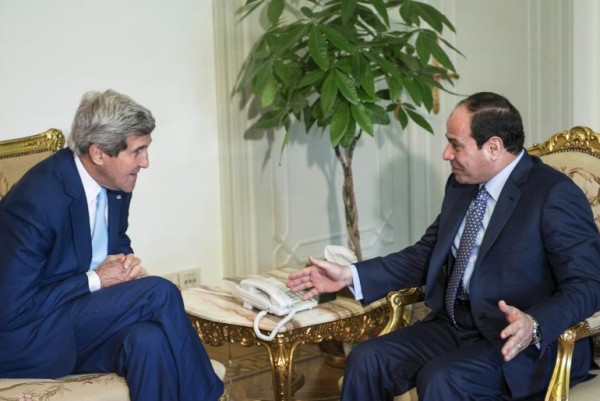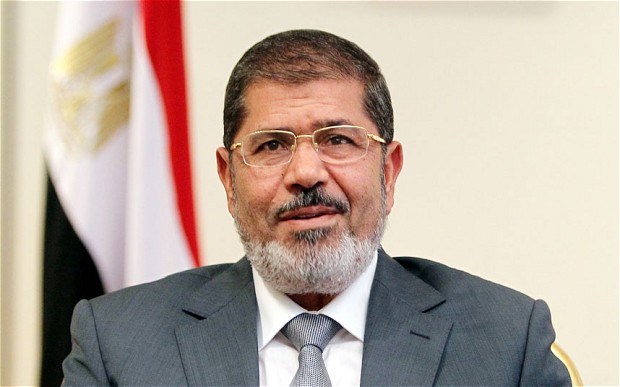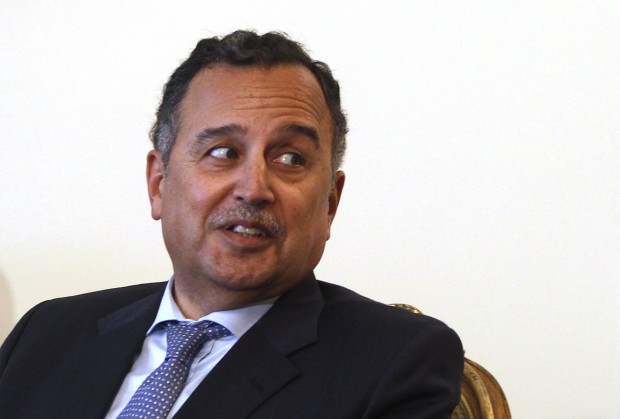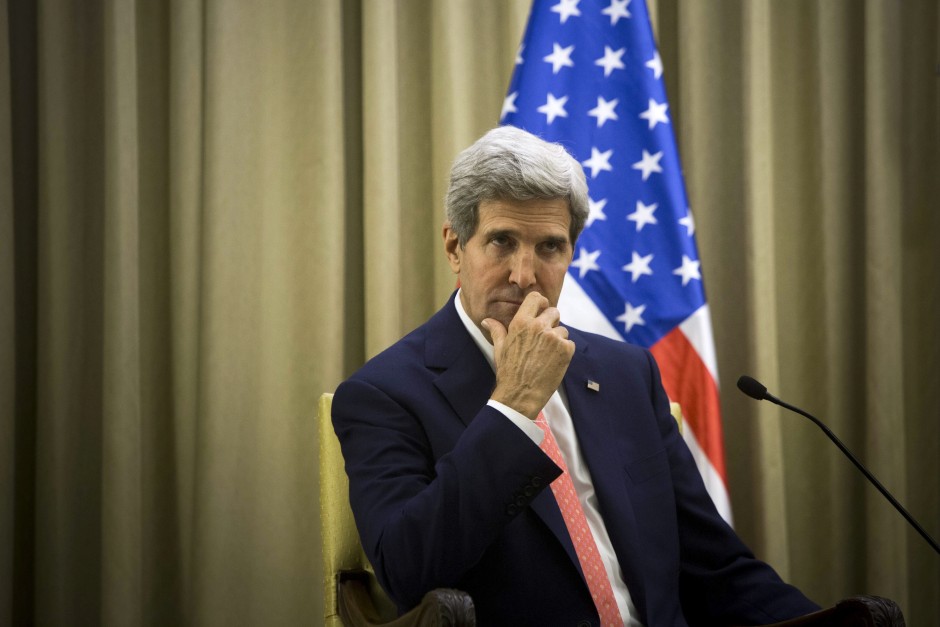As predicted by Egypt’s newly-elected president, Abdel-Fattah el-Sisi, the United States has begun mending its bilateral relationship with Egypt, one of its most important allies in the Arab world.
Less than a year after Washington imposed punitive measures on Egypt after the military-backed Egyptian government ousted the duly elected Islamist president, Mohammed Morsi, and killed more than 1,000 demonstrators calling for his reinstatement, U.S. Secretary of State John Kerry visited Cairo on June 22 to reaffirm the United States’ “historic partnership” with Egypt.

Arriving in Egypt nearly a month after Sisi won 97 percent of the votes in an election that observers claimed fell short of international standards of democracy, Kerry said that the Obama administration was both interested in normalizing relations with the Egyptian authorities and in restoring full U.S. aid to Egypt.
What a difference a year makes.
In 2013, Washington’s bilateral ties with Egypt fell apart, having begun to unravel last July, when Sisi, the then defence minister, deposed and arrested Morsi, Egypt’s first democratically elected president. Sisi and his fellow generals proceeded to impose a state of emergency before ordering security forces to deal harshly with street demonstrators protesting the massive crackdown on the Muslim Brotherhood, the movement to which Morsi belongs.

During these clashes, more than 1,000 street demonstrators were killed, in the worst violence in Egypt in decades.
The United States condemned the coup, but stopped short of calling it a coup. U.S. President Barack Obama, warning that “our traditional cooperation cannot continue as usual when civilians are being killed and rights are being rolled back,” cancelled joint military exercises with the U.S.-equipped Egyptian army. Kerry, describing the violence as “deplorable,” charged that it ran “counter to Egyptian aspirations for peace, inclusion and genuine democracy.”
In another signal of its displeasure, Washington cut back military assistance, delaying the delivery of F-16 fighter jets, Apache attack helicopters, Harpoon missiles and MI-AI tank parts. Washington also lopped off $260 million from its annual $1.5 billion aid package to Egypt.
During this tense period, the United States left its ambassadorial post in Cairo vacant after its ambassador, Anne Patterson, left to assume a more senior position, assistant secretary of state, in Washington. Obama offered to replace her with Robert Ford, the former envoy to Syria, but Egypt demurred. Last month, Stephen Beecroft, the current U.S. ambassador to Iraq, was nominated to fill the job.
Even as tensions escalated, the United States never burned burned its bridges to Egypt.
Last November, in the highest-level American visit to Cairo since Morsi’s removal, Kerry met the interim president, Adly Mansour, and Sisi, who masterminded the crackdown on the Muslim Brotherhood, which was eventually outlawed. Kerry expressed the hope that the Egyptian leadership would fulfill its “road map” for restoring democracy. In this respect, Kerry was certainly pleased to hear that presidential elections would take place in May 2014.
During his talks in Cairo, Kerry refrained from raising the issue of Mori’s imprisonment. However, he urged his interlocutors to avoid politically motivated arrests, ensure due process for detainees and establish an inclusive government.
In the meantime, Israel and three pro-American Arab countries exerted direct and indirect pressure on the United States to maintain the flow of military and economic assistance to Egypt.
Saudi Arabia, Kuwait and the United Arab Emirates, core U.S. allies, promised to send $8 billion in grants and loans to prop up the post-Morsi government in case the United States deprived Egypt of all aid.
Israel informed the United States that U.S. assistance to Egypt was a vital ingredient in preserving Israel’s 1979 peace treaty with Egypt and in maintaining security in the Sinai Peninsula, which has become a redoubt of radical Islamists intent on toppling the secular Egyptian government.
As Israeli Prime Minister Benjamin Netanyahu said, “Our interest is basically having the peace with Egypt continue. That peace (is) premised on American aid to Egypt, and I think that for us is the most important consideration.”
The United States, taking these arguments into consideration in a bid to ease tensions with Egypt, invited Egyptian Foreign Minister Nabil Fahmy and Egypt’s chief of intelligence, Mohammed Farid al-Tohamy, to Washington for talks with Kerry and other senior officials.

This, in turn, paved the way for Kerry’s meeting with Sisi a few days ago, proving that the United States wishes to maintain good relations with Egypt, notwithstanding its concerns about its abysmal human rights record. At a time when Syria and Iraq are disintegrating, Washington regards Egypt as beacon of stability.
But neither Obama nor Kerry are under any illusions about their man in Cairo, Sisi, an authoritarian leader in the mould of Hosni Mubarak, the Egyptian president and key American ally whom Washington pressured to resign in 2011.
Prior to Kerry’s arrival in Cairo, riot police used tear gas and clubs to break up a march by liberals demanding the simple right to demonstrate.
Within 24 hours of Kerry’s departure, a judge convicted three journalists from Al Jazeera’s English-language network of conspiring with the Muslim Brotherhood to broadcast false reports and sentenced them to seven years in prison.
Voicing “serious displeasure” with the verdicts, Kerry called them “chilling, draconian sentences” bereft of “many fundamentals of due process.” In a communique, the White House sounded an identical theme, saying that their cases flouted “the most basic standards of media freedom and represents a blow to democratic progress in Egypt.”
Washington is obviously unhappy with Egypt’s clumsy, heavy-handed treatment of democratic dissent. But its priority, for now at least, is to preserve and nurture its strategic relationship with Egypt, come what may.
Call it Realpolitik.
